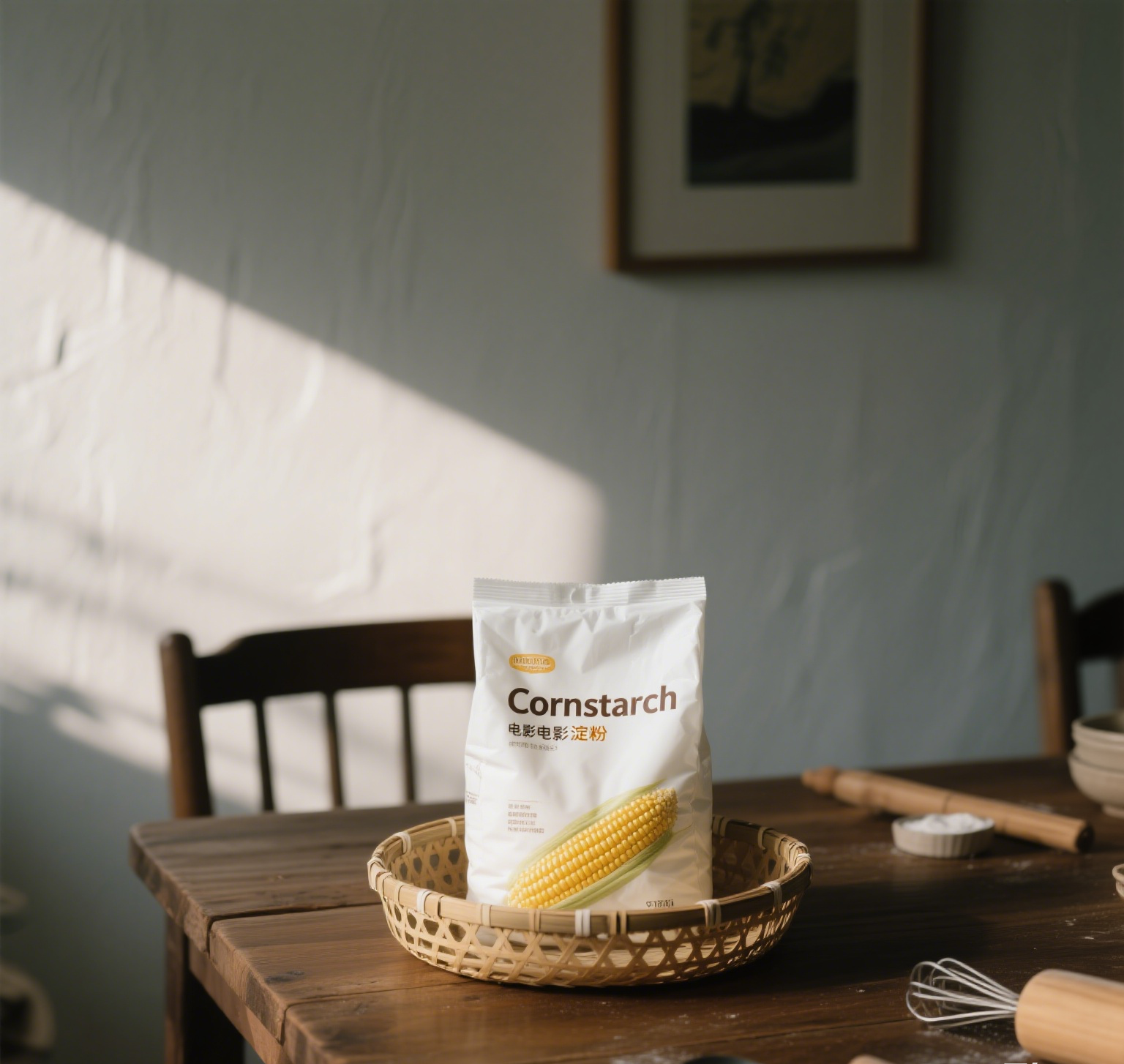Physical Address
304 North Cardinal St.
Dorchester Center, MA 02124
Physical Address
304 North Cardinal St.
Dorchester Center, MA 02124
That mysterious white powder in your pantry – is it a culinary wizard or a dietary villain? Let’s settle the great cornstarch debate once and for all.
Cornstarch is basically corn’s version of a magic trick. Through some agricultural alchemy, we take perfectly good corn and turn it into a fine, flavorless powder that can thicken sauces, crisp up fried chicken, and occasionally dust your entire kitchen counter when you sneeze near the open container.
As chef Alton Brown likes to say: “Cornstarch is the Clark Kent of your pantry – mild-mannered powder by day, sauce-saving superhero by night.”
Nutritionist Dr. Marion Nestle puts it bluntly: “Cornstarch is essentially edible glue – useful in small doses, problematic in large quantities.”
Cornstarch isn’t “good” or “bad” – it’s a tool. Like any tool, its value depends on how you use it. As Chinese chefs have known for centuries: “The same knife that chops vegetables can cut fingers – it’s all in the handling.”
So keep that box in your pantry, but maybe don’t eat it by the spoonful (unless you’re preparing for a colonoscopy – ask your doctor). Used wisely, cornstarch can elevate your cooking without sabotaging your health.